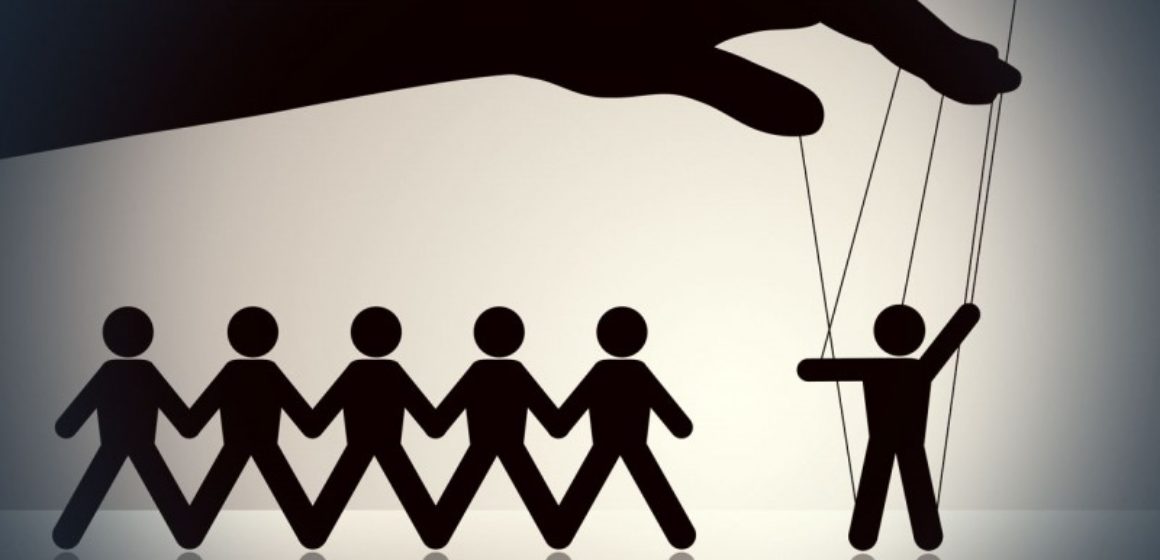Human Nature:-
Introduction
Human behavior is a complex interplay of thoughts, emotions, and actions that often seem baffling and unpredictable. However, beneath the surface, there are patterns and principles that govern our actions and reactions. Delving into the depths of human psychology, we uncover the fundamental Laws of Human Nature that shape our behavior, decisions, and interactions with others. In this blog, we will explore these intriguing psychological laws that drive our actions and offer insights into understanding ourselves and those around us.
1. The Law of Self-Preservation
At the core of human nature lies the instinct for self-preservation. This innate drive compels us to prioritize our well-being and survival above all else. It is the reason we feel fear when facing danger and seek comfort when feeling vulnerable. Understanding this law helps us empathize with others' actions, as often, their behavior is influenced by an instinctive need to protect themselves physically or emotionally.
2. The Law of Social Influence
Humans are social creatures, and our behavior is heavily influenced by the people around us. The Law of Social Influence explains how individuals' thoughts, emotions, and actions can be shaped by the norms and expectations of their social groups. We may conform to group beliefs or engage in certain behaviors to gain acceptance and avoid rejection. Recognizing this law helps us comprehend the power of peer pressure and societal conditioning.
3. The Law of Reciprocity
The Law of Reciprocity states that when someone does something for us or extends a kind gesture, we feel compelled to reciprocate in some manner. This innate sense of obligation is deeply ingrained in human psychology and underlies the exchange of favors, gifts, and altruistic behaviors. By understanding this law, we can appreciate the importance of building positive relationships based on mutual give-and-take.
4. The Law of Cognitive Dissonance
Humans strive for consistency in their beliefs and actions. The Law of Cognitive Dissonance suggests that when our actions contradict our beliefs or values, we experience discomfort and psychological tension. We may alter our beliefs or justify our actions to reduce this dissonance. This law explains how we rationalize our choices and serves as a valuable tool in understanding the complexities of human decision-making.
5. The Law of Emotional Contagion
Emotions are contagious, and we often mirror the feelings of those around us. The Law of Emotional Contagion reveals how we can "catch" emotions from others, whether positive or negative. Being aware of this law empowers us to create a positive emotional atmosphere, uplift others, and guard against being unduly influenced by negative emotions in our surroundings.
6. The Law of Psychological Reactance
When our freedom of choice is threatened or restricted, we tend to react with resistance. The Law of Psychological Reactance explains why we might desire something more when we're told we can't have it. Understanding this law helps us navigate situations where we or others may feel compelled to rebel against imposed limitations.
7. The Law of Habit Formation
Habits play a crucial role in our lives, shaping our daily routines and behaviors. The Law of Habit Formation elucidates how repetitive actions become ingrained habits, influencing our productivity, well-being, and overall success. By comprehending this law, we can consciously cultivate positive habits and break free from detrimental ones.
Conclusion
The Laws of Human Nature form the invisible threads that connect and influence our behavior, relationships, and decision-making. By understanding these psychological principles, we gain profound insights into ourselves and others, leading to improved self-awareness, empathy, and communication. As we navigate through the intricacies of human nature, let us embrace the knowledge offered by psychology to foster personal growth and build stronger, more compassionate connections with the world around us.


